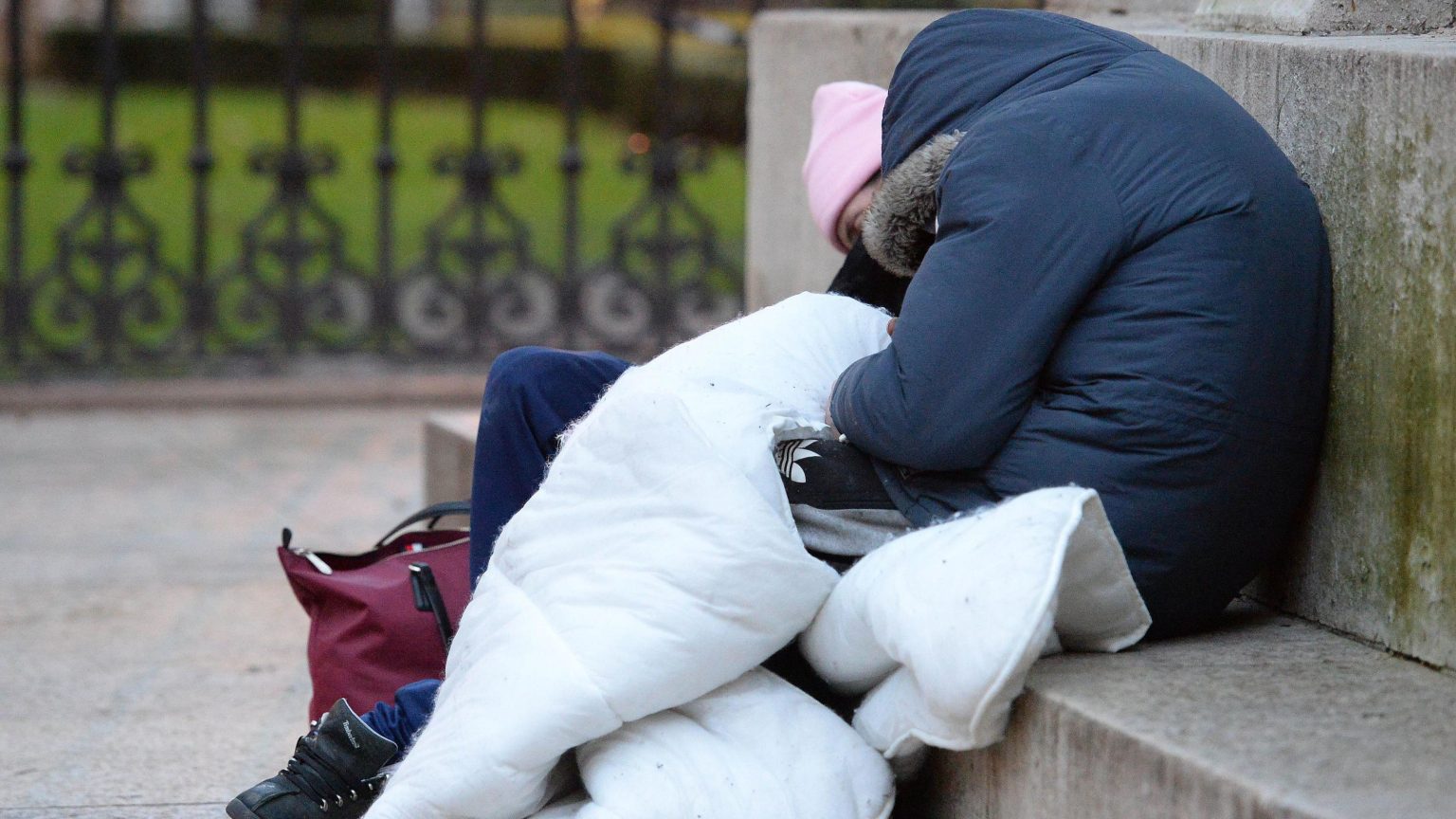The UK Government has announced it will decriminalise rough sleeping, repealing a 200-year-old law that made it an offence to sleep on the streets — even as homelessness levels continue to rise sharply across England.
Deputy Prime Minister Angela Rayner confirmed that the historic Vagrancy Act of 1824, introduced to tackle mass homelessness in the wake of the Industrial Revolution, will be abolished by next spring. The move will mean it is no longer an offence to sleep on pavements or in public spaces, raising the possibility that homeless encampments could become more visible on city centre streets.
Announcing the policy shift, Ms Rayner said it was time to “draw a line under nearly two centuries of injustice towards some of the most vulnerable in society, who deserve dignity and support.”
However, with homelessness now at its highest levels in years, the decision has sparked debate about whether it will lead to more street encampments or simply give rough sleepers legal protection.
Labour is attempting to balance the policy by promising an additional £233 million for homelessness services this financial year, aimed at tackling the root causes of rough sleeping and providing safer alternatives. Ms Rayner also stressed that new laws would be introduced to protect the public from organised begging by gangs and trespassing with intent to commit a crime — two offences that will replace elements of the Vagrancy Act.
“No one should ever be criminalised simply for sleeping rough,” Ms Rayner said. “By scrapping this cruel and outdated law, we are making sure that can never happen again.”
Read Also:
UK to invest additional $2bn in military housing
Elon Musk&s DOGE recovers $1.8bn misplaced from Biden administration
Nollywood actress Jumoke George receives duplex, land, SUV gifts
The Vagrancy Act, originally designed to punish “idle and disorderly persons, rogues and vagabonds”, has long been criticised by homelessness charities as stigmatising some of the UK’s most vulnerable people. While most sections of the Act have been repealed, key provisions allowing police to move on rough sleepers and tackle begging remained in force in England and Wales.
Homelessness charities say the law has had a chilling effect, pushing people into dangerous situations or deterring them from seeking help. Matt Downie, chief executive of Crisis, called the repeal “a landmark moment that will change lives and prevent thousands of people from being pushed into the shadows, away from safety.”
The decision comes at a time when homelessness is surging across England. Recent figures from Shelter estimate that 326,000 people, including 161,500 children, are currently homeless — a 14% increase on the previous year.
In London, the problem is particularly acute. The number of rough sleepers recorded in the capital has risen by 38% year on year — from 511 to 706 — while total rough sleeping rose 8% in the first quarter of this year, from 4,118 to 4,427. High-profile encampments have appeared even in affluent districts such as Park Lane, where last September 24 tents were pitched near properties worth up to £16.5 million.
By contrast, the UK’s approach diverges sharply from that of the United States, where a Supreme Court ruling last summer allowed cities to crack down on homeless encampments, even if people had nowhere else to go. US cities like San Francisco now enforce strict anti-camping laws that require constant relocation and ban camping altogether.
The UK Government says it is committed to a different path, focused on prevention and support. Amendments to the Government’s Crime and Policing Bill will introduce two new offences: facilitating begging for gain and trespassing with intent to commit a crime — both designed to close gaps left by repealing the Vagrancy Act.
Homelessness Minister Rushanara Ali described the repeal as a vital part of the Government’s mission to tackle homelessness. “Scrapping the Vagrancy Act for good is another step forward in our mission to tackle homelessness in all its forms, by focusing our efforts on its root causes,” she said.
In addition to the £233 million extra funding this year, the Government said total investment in homelessness and rough sleeping services for 2025-26 would approach £1 billion.
The decision also comes amid broader efforts to address the issue. Last year, the Prince of Wales launched a five-year programme aimed at eradicating homelessness, and has been personally involved in raising awareness — even selling the Big Issue on the streets.
While the move to repeal the Vagrancy Act has been widely welcomed, some warn of challenges ahead. Emma Haddad, chief executive of St Mungo’s, said the repeal “cannot come soon enough” but urged a focus on “health, housing and wider societal issues that are causing homelessness.”
Youth homelessness charity Centrepoint cautioned that the new offences must be carefully crafted to avoid punishing vulnerable people instead of supporting them.
As the UK prepares to consign the Vagrancy Act to history, the Government faces a delicate balancing act — ensuring the protection and dignity of rough sleepers while maintaining public safety and community standards in the country’s cities.



